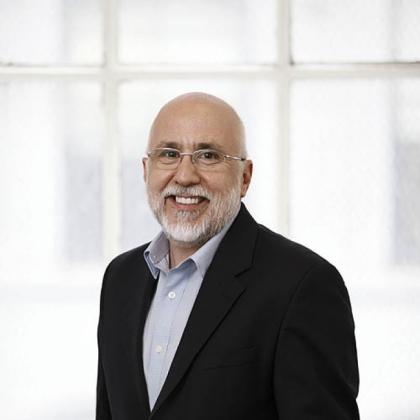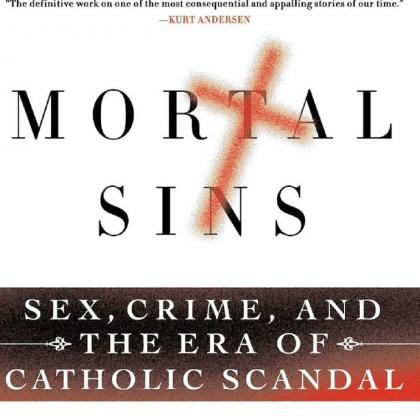'Mortal Sins: Sex, Crime and the Era of Catholic Scandal': Read It and Weep
By Nicholas P. Cafardi
Every time I think that the American Catholic bishops have the clergy child sexual abuse crisis behind them and that they are committed to the changes they made in Dallas in 2002, when they adopted a Charter and Norms assuring no priest with a credible allegation of child sexual abuse would remain in active ministry, reality sets in. Just this past month it came to light that John Myers, the archbishop of Newark, maintained in active ministry a priest who had confessed to two instances of sexual misconduct with a young boy. Lest we forget, the bishop of Kansas City, Mo., Robert Finn, is himself a convicted criminal, having pleaded guilty last year to the charge of failure to report suspected child abuse by one of his priests. Yet he continues to serve as a diocesan bishop in our church. Reading Michael D'Antonio's "Mortal Sins: Sex, Crime and the Era of Catholic Scandal" in this context is a chilling experience. Mr. D'Antonio's book is a reasonably complete history of clergy child sexual abuse in the Catholic Church in the United States, starting from 1984, when the first case of a serial child molester priest, Gilbert Gauthe of the diocese of Lafayette, La., came to light. There are some side trips into the clergy child sexual abuse crisis in Ireland, which in many ways, parallels the American crisis, but Mr. D'Antonio's story is primarily about American monsters. Mr. D'Antonio, a Pulitzer Prize-winning journalist, tells his story mainly through courtroom battles. He writes of plaintiffs' lawyers who sued dioceses for keeping men in ministry, priests whom the bishops knew to be active child sexual abusers, who then went on to use their Roman collars to gain the trust of yet more victims. This provides the book with high drama, primarily because of the outsized characters that inhabit the plaintiff's bar. Attorney Jeffrey Anderson of Minneapolis, who made a cottage industry out of suing the Catholic Church across the country, is a major character in this book, and so we learn of his marital difficulties, his alcoholism and drug use, sometimes more than we want to. Perhaps the most poignant parts of Mr. D'Antonio's book are his portrayals of the victims and survivors of sexual abuse at the hands of men whom they were taught to call "Father." In Mr. D'Antonio's stories of the victims, they are the walking wounded who will never have a normal life again. Mr. D'Antonio's depiction of the pain of these survivors is shudder-inducing. There are a few Pittsburgh connections in the book. Former La Roche College professor Bill Donohue, who went on to head the Catholic League for Religious and Civil Rights, is portrayed as a mindless defender of the church, no matter what evil it has committed. Our own Bishop David Zubik (who is misidentified as the bishop of Oakland) comes in for some unfair criticism for speaking up on behalf of Pope Benedict's response to the crisis, when, in fact Benedict's response was much better than what went before. If Mr. D'Antonio's book has a flaw, it is that it is one-sided. Yes, the bishops blundered in their handling of the child sex abuse crisis. In the early days they too often thought of the church and the priest first, and of the child victim hardly at all. Over the years, that conduct changed. By the early 1990s, many dioceses had lay review boards in place to assess charges made against priests. The Dallas Charter and Norms of 2002 were a sea change in creating a "zero tolerance" policy for clergy sexual misconduct with a child. Mr. D'Antonio's book does not give the bishops any credit for these changes, which have been very effective in protecting our children. Ninety-eight out of 100 bishops are following the "zero tolerance" policy, and that fact makes the misdeeds of Archbishop Myers in Newark and Bishop Finn in Kansas City so egregious. This book is a satisfying yet sad read. It is an in-depth portrayal of the tragedy of the American church in the late 20th century Contact: cafardi@duq.edu
|
.
Any original material on these pages is copyright © BishopAccountability.org 2004. Reproduce freely with attribution.

